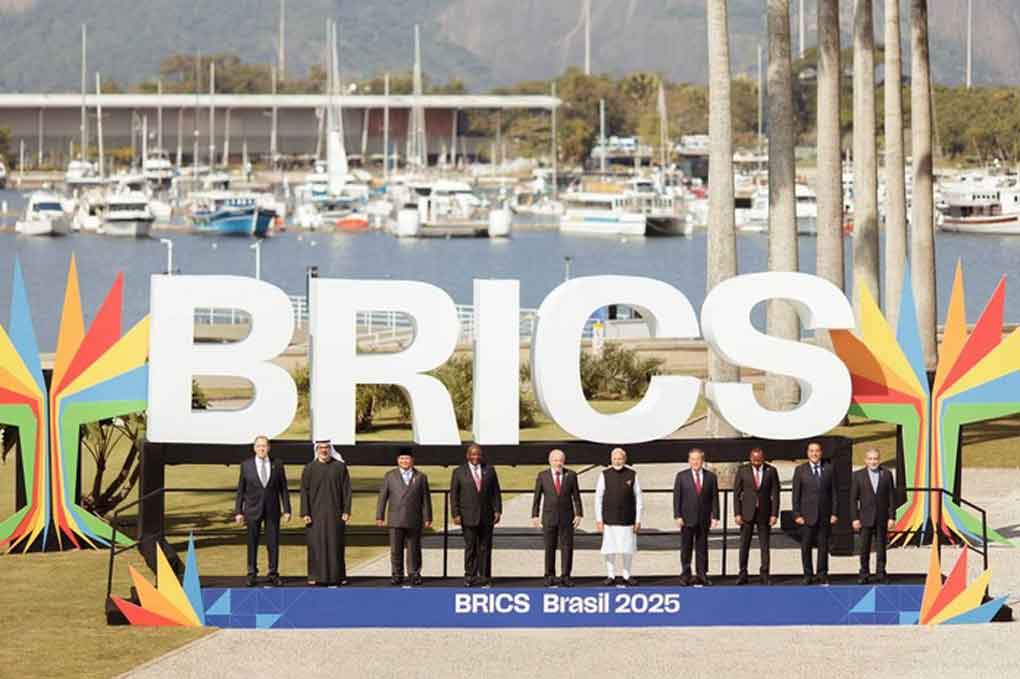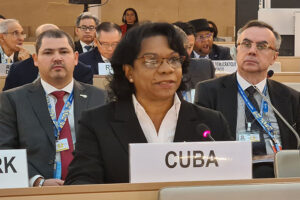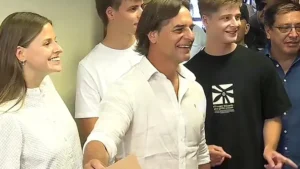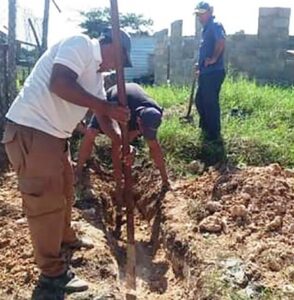The XVII BRICS Summit enters its second and concluding day today in Brazil, amid unprecedented collapse of the multilateral system and the bloc’s focus on updating its framework. According to the official agenda, the schedule begins at 08:45 local time with a family photo of heads of state and government from member states, partners, and externally-engaged nations, and at 09:00 opens the plenary session «Environment, COP30 (UN Climate Conference) and Global Health».
Yesterday, the forum concluded its first day with an extensive final document of 126 articles addressing US President Donald Trump’s trade wars, violence in the Middle East, and urgent reform of the United Nations, World Bank, and International Monetary Fund.
By adopting the Rio de Janeiro Declaration, leaders of the 11 BRICS countries defended multilateralism and demanded greater representation for the Global South.
The text summarises year-long diplomatic discussions and establishes key positions on pressing international issues, including reform of the global governance system and the pursuit of a negotiated solution to the Israeli-Palestinian conflict.
A central point calls for «comprehensive reform» of the UN, emphasising modernisation of the Security Council to make it more democratic, representative, and effective through increased participation of developing countries, particularly from Africa, Latin America, and the Caribbean.
On security, the bloc reaffirmed commitment to a two-state solution for Palestine and Israel based on recognised borders and peaceful dialogue, describing this path as the «only means» to achieve lasting peace and stability.
Economically, the declaration highlighted boosting the use of local currencies in intra-bloc transactions, strengthening the New Development Bank (NDB/BRICS Bank), and enhancing the Contingent Reserve Arrangement – the mechanism’s proprietary financial tools. Amid growing climate emergencies, the summit ratified support for the Tropical Forests Forever Fund to preserve biodiversity and support a just ecological transition through shared climate financing.
Regarding technological innovation, members agreed to intensify cooperation in artificial intelligence, science, cybersecurity, and digital infrastructure.
Initially formed in 2009 by Brazil, Russia, India, China, and South Africa (later expanded), the manifesto reaffirms BRICS as a collective force advocating a fairer, more inclusive, multipolar international order to address global challenges through cooperative approaches.




